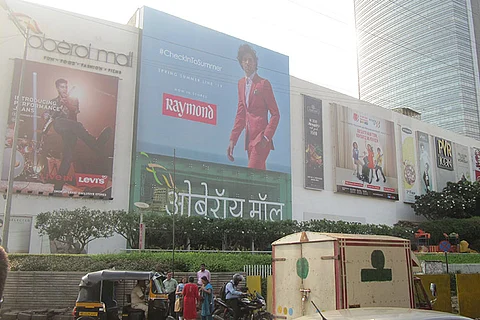

The new Consumer Protection Bill, 2019 passed by the Rajya Sabha on Tuesday proposes stiff penalties for manufacturers and celebrities endorsing a false or misleading advertisement. The Bill tabled by Union Food and Consumer Affairs Minister Ram Vilas Paswan, was already approved by the Lok Sabha earlier and will replace the Consumer Protection Act, 1986.
Under the Bill, a Central Consumer Protection Authority (CCPA) will be set up to protect, promote and enforce consumer rights. The CCPA will have an investigation wing headed by a Director General to inquire into violations of consumer rights and for imposing penalties. The authority also has the power to initiate class action, and enforcing refund and return of products.
The CCPA can impose a fine of up to Rs 10 lakh on celebrity endorsers or manufacturers for a false or misleading advertisement. The authority can also order imprisonment of up to two years for false advertising. In case of a repeat offence, the authority can impose a penalty of up to Rs 50 lakh and a jail term of up to five years. Endorsers can be barred from promoting advertisements for up to a year, extending up to three years for repeat offenders. Only in cases where the endorser can prove that they have done due diligence to verify claims made in the ads, will they be exempted from punishment.
Consumer Disputes Redressal Commissions (CDRCs) will be set up at the district, state and national levels to address consumer grievances. A consumer can approach the CDRC to file a complaint with respect to i) defective goods or services; ii) overcharging; iii) unfair trade practices; and iv) sale of goods or services which may be hazardous. The final appeal for all disputes will lie with the Supreme Court.
The District CDRC will listen to complaints for all goods and services where the value does not exceed Rs one crore. The State CDRC will entertain complaints where the value is more than Rs one crore and up to Rs 10 crore, while complaints for goods and services valued at over Rs 10 crore will be heard by the National CDRC.
The clause relating to product liability holds the manufacturer, service provider or seller responsible for any harm or injury suffered by a consumer due to a defective product or deficient service. In order to claim compensation, a consumer will have to prove any one of the conditions for defect or deficiency, as set out in the Bill.
On the issue of maximum retail price (MRP), Minister Paswan said that MRP should be displayed clearly on products apart from the date of expiry, date of manufacture along with complaints redressal procedure. He added that there is no concept of levying a service charge globally and the government has advised restaurants to make it voluntary.